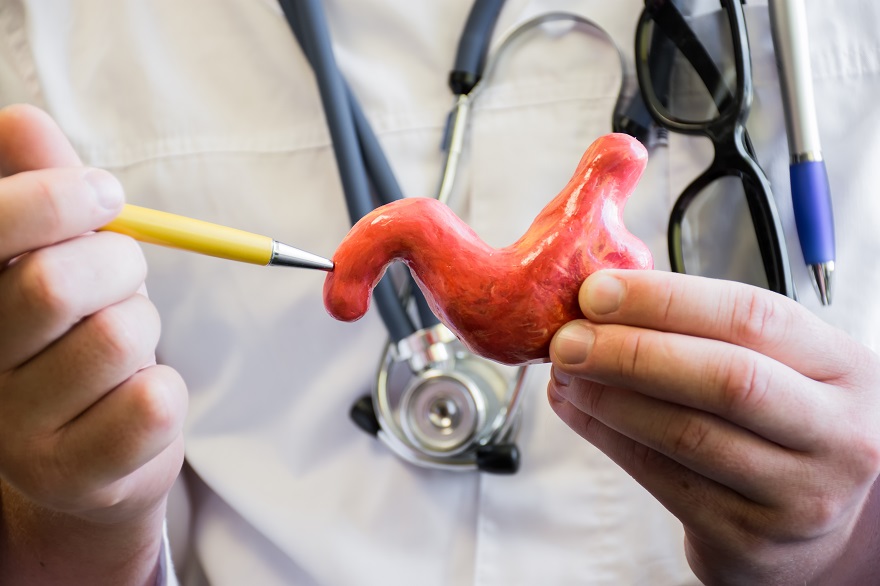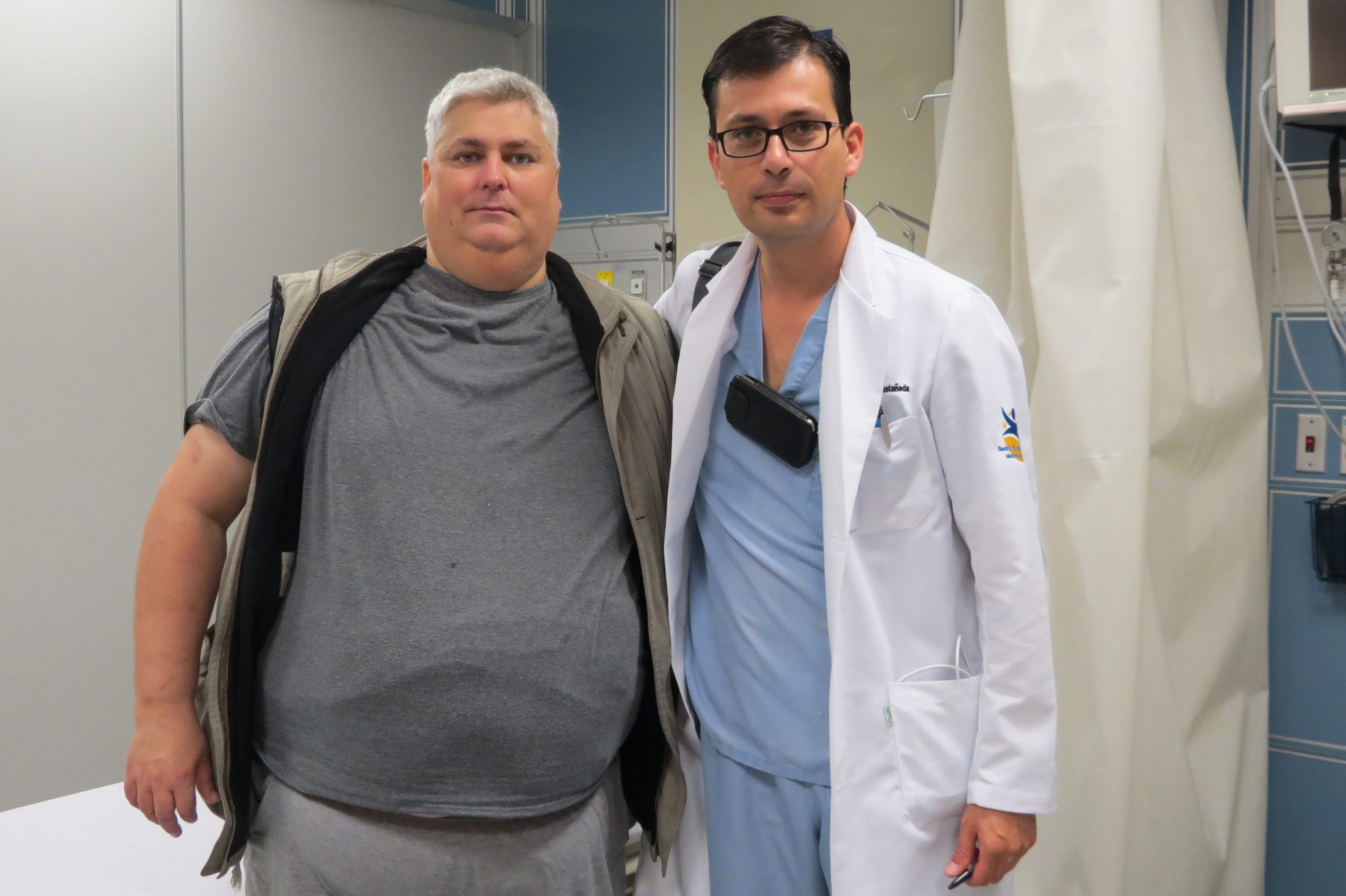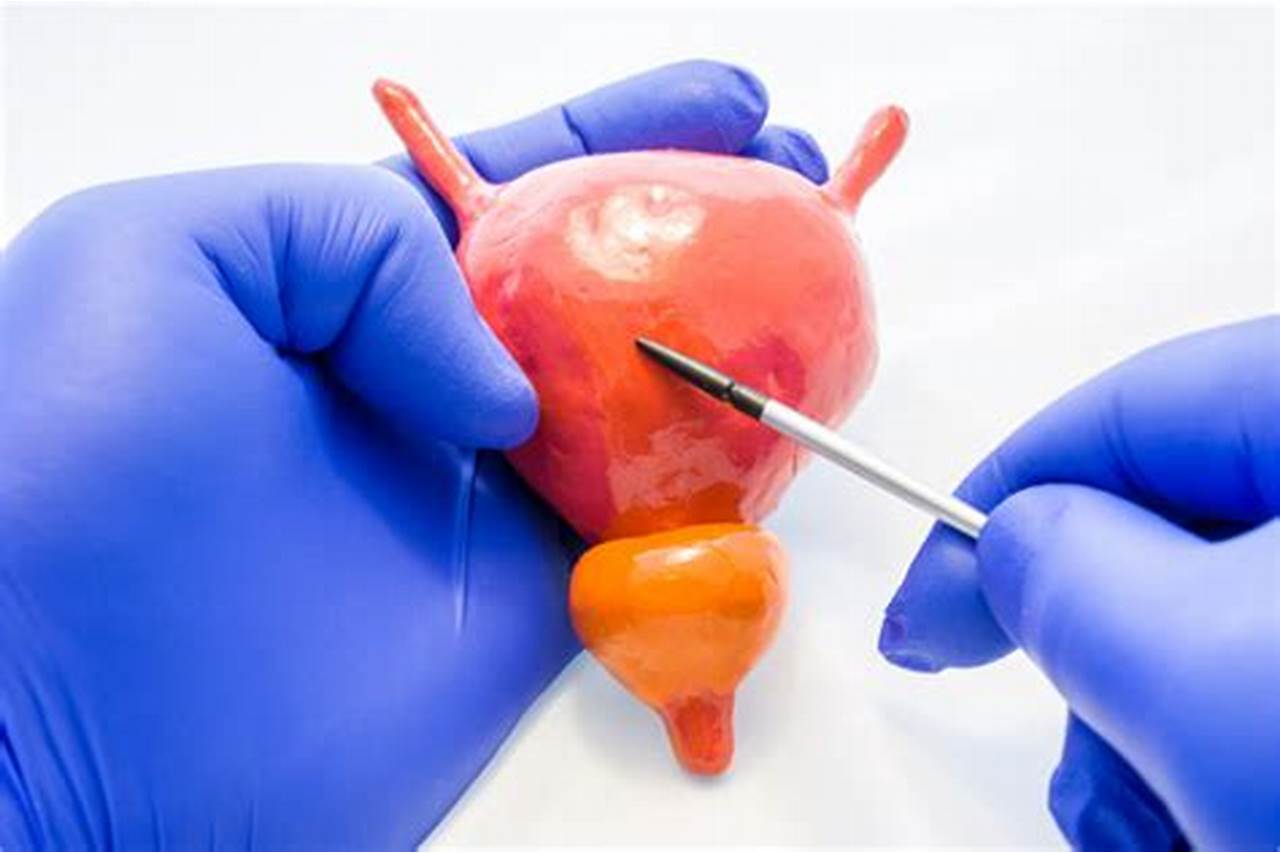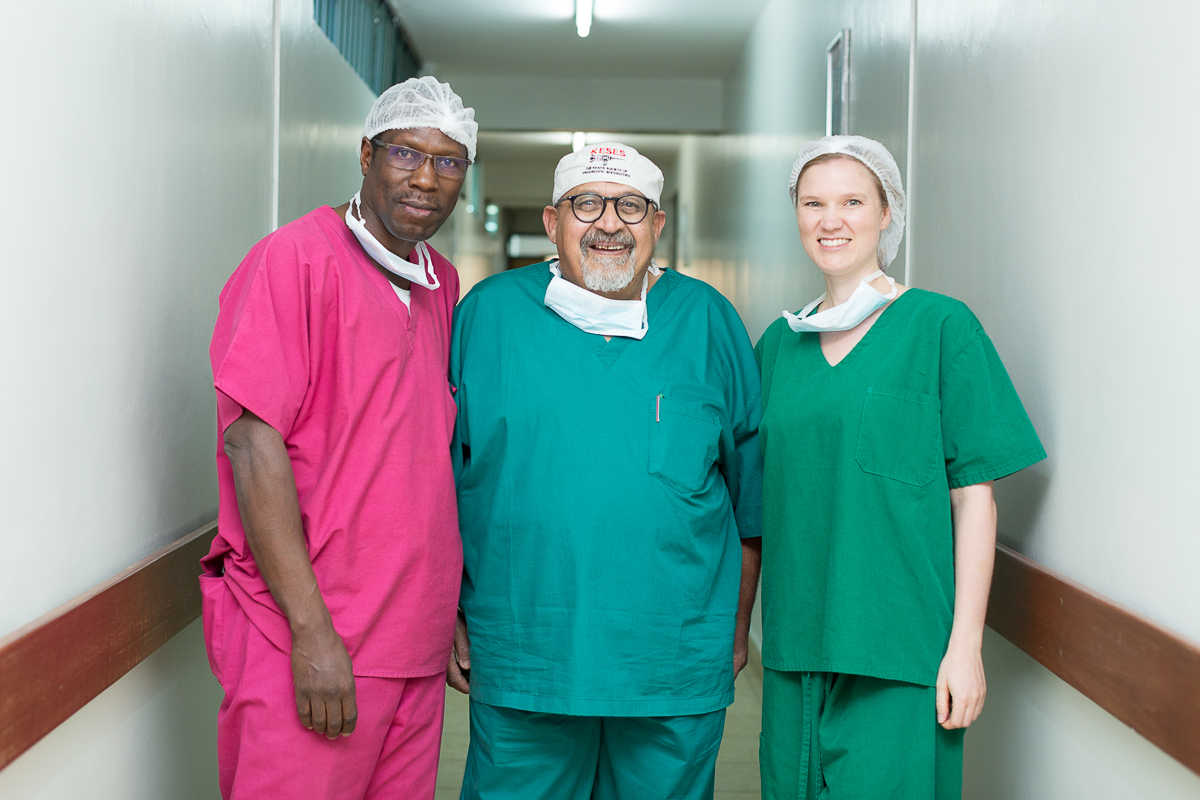Duodenal Switch Surgery
Duodenal Switch Surgery

What is a duodenal switch?
The duodenal switch bariatric surgery procedure is an innovative approach to weight loss that combines both restrictive and malabsorptive surgical techniques.
This procedure configures the intestines so that fewer calories are absorbed, and reduces the capacity of the stomach so that food intake is restricted.
The goal of this approach is to decrease the amount of food the stomach can accommodate and limit the length of the intestine which absorbs calories, as well as reduce overall calorie intake.
Duodenal switch surgery is a combination of a gastric sleeve and gastric bypass surgery. The procedure is occasionally done as a secondary procedure after a failed gastric band surgery.
The bariatric duodenal switch surgery is also known as a biliopancreatic diversion with a duodenal switch or DS.
Kenya Laparoscopic Surgery Services has a team of experienced specialists who help you through your weight loss journey for you to achieve your desired weight.
Duodenal Switch Surgery in Mombasa, Kenya
An innovative approach to weight loss
If you or a loved one has further questions or would like more information about the duodenal switch surgery or other surgical or non-surgical weight loss solutions, or would just like more information, please make an appointment to see our physician right away for a thorough consultation, evaluation and examination by a physician for an accurate diagnosis and treatment plan.
At KLASS, our top-rated general and bariatric surgeon – Dr. Yusuf Palkhi is well-versed in weight loss procedures and control.
Schedule a consultation with our top-rated bariatric surgeon in Kenya to learn more and get the care, treatment, and support you deserve.

What happens during a duodenal switch surgery?
As a laparoscopic procedure, the surgery begins with multiple half-inch long incisions in the area of the stomach and middle of the abdomen.
This surgery involves removing about 85% of your stomach by forming a sleeve gastrectomy on top. This reduces the amount of food that you can consume at one time.
In addition, just after the sleeve portion, the first portion of the small intestine immediately after the stomach (called the duodenum) is divided and brought in a loop of small intestines up to the stomach to bypass about half of the small intestines. This reduces the amount of calories that can be absorbed as well as the amount of fat thus helping in weight loss.
The duodenal switch, like the sleeve gastrectomy and gastric bypass, affects gut hormones in a manner that impacts blood sugar control, satiety, and hunger.

Advantages of Duodenal Switch Surgery
By combining moderate restriction and moderate malabsorption, this procedure, when performed laparoscopically, offers numerous advantages including:
- Faster and more sustained long-term weight loss.
- Decreased incidence of weight regain.
- More complete resolution of obesity-related illnesses.
- Improved quality of life with a more natural eating pattern.
- Fewer complications as compared to non-laparoscopic approaches.
- Allows patients to enjoy near-normal amounts of food eventually.
Disadvantages of Duodenal Switch Surgery
- Duodenal switch treatment has a greater risk of long-term deficiencies of vitamin D, zinc, calcium, iron, and other vitamins.
- The duodenal switch procedure is about combining the surgery with diet and exercise to optimize weight loss results.
- Increased acid reflux.

Recovery after duodenal switch at KLASS
Our bariatric surgeon strives to minimize these risks that come with duodenal switch surgery.
Duodenal switch surgery has excellent results. However, patients who choose this type of surgery are at much higher risk for nutritional deficiencies than with other types of weight loss surgery.
It is possible to prevent malnutrition after this procedure but nutritional supplements, including vitamins and minerals, will likely be necessary for the lifetime of the patient.
You will be provided with pain medication as needed, along with compression garments to prevent blood clots. You will also be given liquids soon after surgery and soon realize you become satisfied with smaller meals.
To improve your long-term health, we help you minimize the risk of nutrient deficiencies by providing a daily regimen of vitamin and mineral supplementation.

Your Laparoscopy Procedure at KLASS
Dr. Yusuf Palkhi was one of the first surgeons in Mombasa to introduce minimally invasive surgical procedures in Mombasa town to help individuals who were in need of laparoscopic general surgical procedures.
He is committed to improving the lifestyles of individuals residing in Mombasa to help them take back control of their lives without the need to travel far for such procedures.
Together with his expert surgical team in Mombasa, Kenya they provide the highest level of holistic surgical care to individuals, ensuring that they meet their individual health needs.
He is keen on ensuring that majority of people have access to expert, world-class care and expertise that is both affordable and accommodating to their needs and life goals.
Dr. Yusuf Palkhi, a laparoscopic surgeon in Mombasa, Kenya specializes in helping individuals who ail from the appendix, gallbladder, reflux, hernia repairs, colon, pancreas, spleen, and emergency abdominal surgeries.
He is also very passionate about helping individuals regain control of their lives through bariatric weight loss procedures.
Our Affiliations

Reserve An Appointment
Should you wish to book your appointment online, Our Doctors Calendar is available to you, Simply head over to Reserve your Appointment and view the doctors available times where we can be able to help you.
